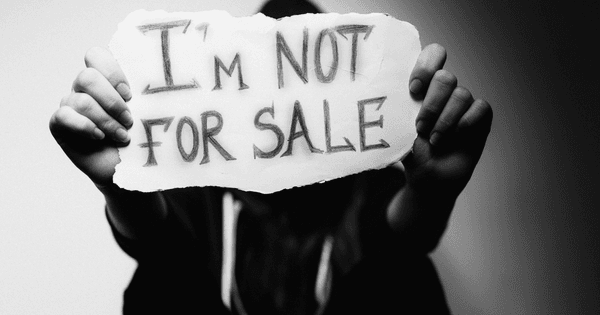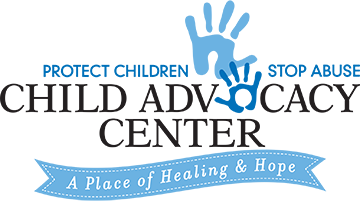
People often smirk when I mention that we try to create awareness of the human trafficking issue, as though that work is insignificant. The fact is, until you are AWARE of an issue, you don’t know that you need to be educated about it. As we’ve all heard, “You don’t know what you don’t know.”
Once a person is aware of human trafficking, then we can encourage them to learn more—how to identify and report victims, how to serve victims, how to prevent human trafficking.
Education
We believe education and training of both the general public and specific professions is incredibly important. That’s why we conduct free Human Trafficking 101 and other webinars frequently. (You can view the list of webinars and register here.) We also create weekly newsletters that delve into issues like pornography, child sexual abuse images, the intersection of human trafficking with domestic violence and sexual assault, why certain groups are more vulnerable and more.
We also provide training for specific professionals like teachers, healthcare providers, law enforcement, hotel staff, social workers, and others. These professionals are more likely than the general public to interact with potential victims of human trafficking, so they need to know how to identify, report, and serve those victims.
Collaboration
Human trafficking is a huge, multi-faceted problem that requires a huge, multi-faceted solution. No one person or organization can do it alone. Collaboration is a necessity. Law enforcement can’t arrest our society out of the human trafficking issue. They rarely have the skills or resources to serve the victims. Social workers can serve the victims, but aren’t equipped to conduct criminal investigations. That’s why coalitions are so important. We started the Pitt County Coalition Against Human Trafficking in 2016. We bring together law enforcement, social workers, case managers, school personnel, child advocates, Domestic Violence and Sexual Assault partners, and others to work together to address human trafficking in our community. (We are glad to work with other communities that would like to start coalitions. A good first step is to view our webinar Coalition-Building 101.)
Legislative Advocacy
To prosecute perpetrators and serve victims, we need a strong framework of statutes at the state and federal levels. To this end, we partner with other organizations to identify gaps in the framework and propose solutions. We are currently part of two working groups—one working to change the legal age of marriage in NC to 18 with no exceptions, and one working to create federal legislation to hold tech companies accountable for their participation in the exploitation of minors on the internet.
Support of Fair Trade Certified products
And, finally, we recognize that if people earn a fair, living wage, they are much less vulnerable to both sex and labor trafficking. So we educate people to look for the Fair Trade Certified label when they shop. The label means that the people who harvested or made the product were paid a fair, living wage and that no slave labor or child labor was used. When we buy Fair Trade Certified products, we are preventing human trafficking. Part of our mission is to encourage vendors to sell and consumers to buy Fair Trade products. We also sell Fair Trade products. We invite you to help us prevent human trafficking by shopping at Fair Traders.
There are many pieces in the anti-human trafficking puzzle. These are the four that we are passionate about, and have the skills to address. If you would like to join our work, please become a member.
If our action plan doesn’t resonate with you, there are 97 other organizations in North Carolina fighting human trafficking. Whichever group you work with, we hope you’ll find your place in the NC anti-human trafficking movement.
